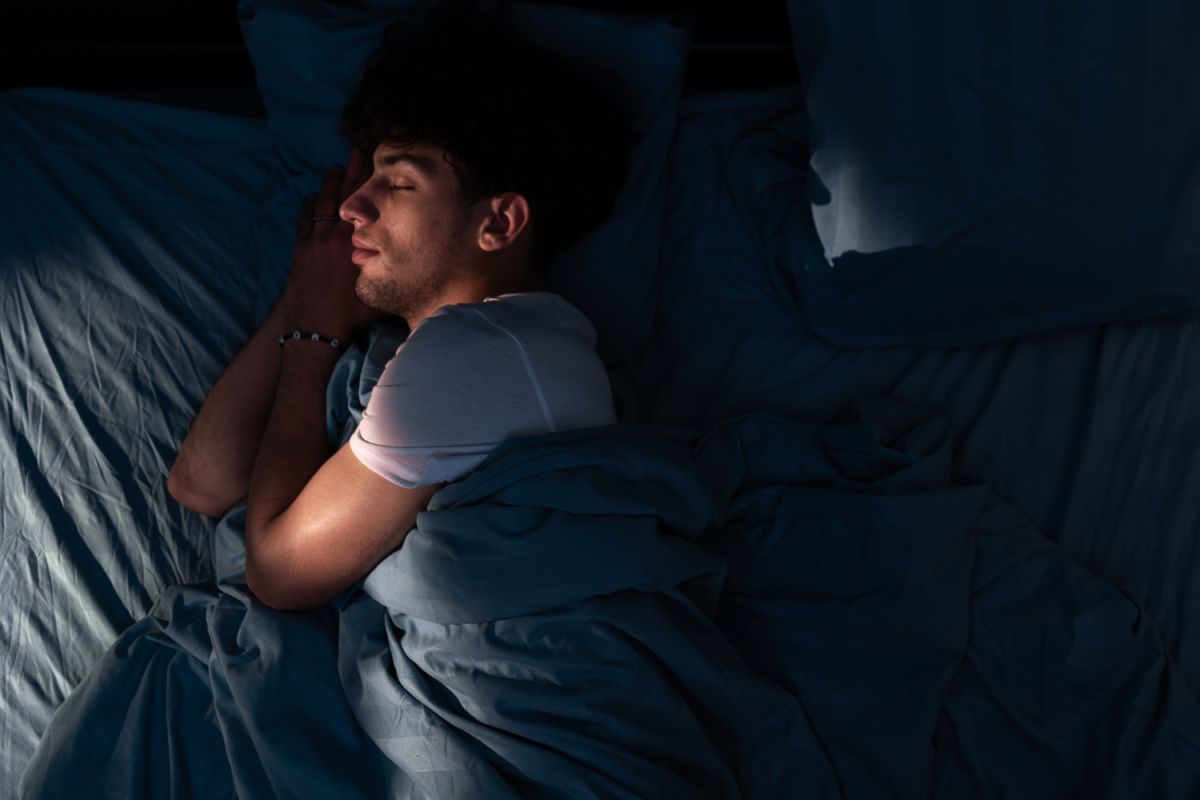
Forget the old labels of “early birds” and “night owls.” New research suggests there are actually five distinct types of sleepers—and each comes with unique effects on brain function, overall well-being and mental health.
A study published in the journal PLOS Biology analyzed brain scan, lifestyle and sleep quality data on more than 770 young adults, revealing that sleeping is far more complex than just how many hours you get each night.
“Our study showed that different aspects of sleep are related, but can also be separable domains with specific connections to biopsychosocial factors,” said lead author and neuroscientist Aurore Perrault of the University of Sydney in a statement.
“This highlights the importance of considering the full picture of an individual’s sleep to help clinicians make more accurate assessments and guide treatment.”
The Five Types of Sleepers
The team identified five profiles, or “latent classes,” of sleepers:
Poor sleepers: People who struggle to fall or stay asleep often feel unrested and report daytime tiredness. This group was most strongly linked with anxiety, depression and stress.
Resilient sleepers: People who reported mental health challenges, but not sleep problems. The researchers suggest they may be more naturally resistant to the effects of poor sleep.
Sleep aid users: People who relied on medication to get to sleep. They often described strong social relationships but showed weaker memory in cognitive tests.
Short sleepers: Those who slept fewer than six to seven hours a night. They tended to perform worse on memory and thinking tasks and were more likely to show higher aggression.
Disturbed sleepers: People with fragmented sleep—such as bathroom trips, breathing problems or frequent waking during the night. This profile was linked to anxiety, poorer cognitive performance and substance use, with stronger effects seen in women.
Why It Matters
Sleep problems are often seen as just a symptom of other conditions, but this study found a link between poor sleep and risk factors for mental health challenges. The researchers say understanding these distinct profiles could help doctors design more tailored interventions.
“The dominance of mental health markers in most of the profiles is not surprising as sleep is one of the five key domains of human functioning likely to affect mental health,” said paper co-author Valeria Kebets of Canada’s McGill University in a statement.
The findings also challenge the idea that one-size-fits-all sleep advice, such as “get eight hours,” is enough. For some, resilience means they can cope better with less rest. For others, fragmented or poor-quality sleep may trigger wider health consequences even if the total hours look fine on paper.
The Bigger Picture
Scientists have long known that sleep is essential for emotional regulation, learning and memory. But this research suggests the relationship between sleep and health is influenced by both biology and behavior.
The study also drew on the U.S.-based Human Connectome Project, which included brain imaging data alongside psychological and lifestyle measures. While the sample was limited to healthy young adults aged 22 to 36, the approach could be applied to other age groups and populations.
Still, the authors caution that the study is cross-sectional—it shows associations, not cause and effect. That means poor sleep could contribute to mental health issues, but mental health problems could also drive sleep disruption.
Do you have a tip on a health story that Newsweek should be covering? Do you have a question about sleep? Let us know via health@newsweek.com.
Reference